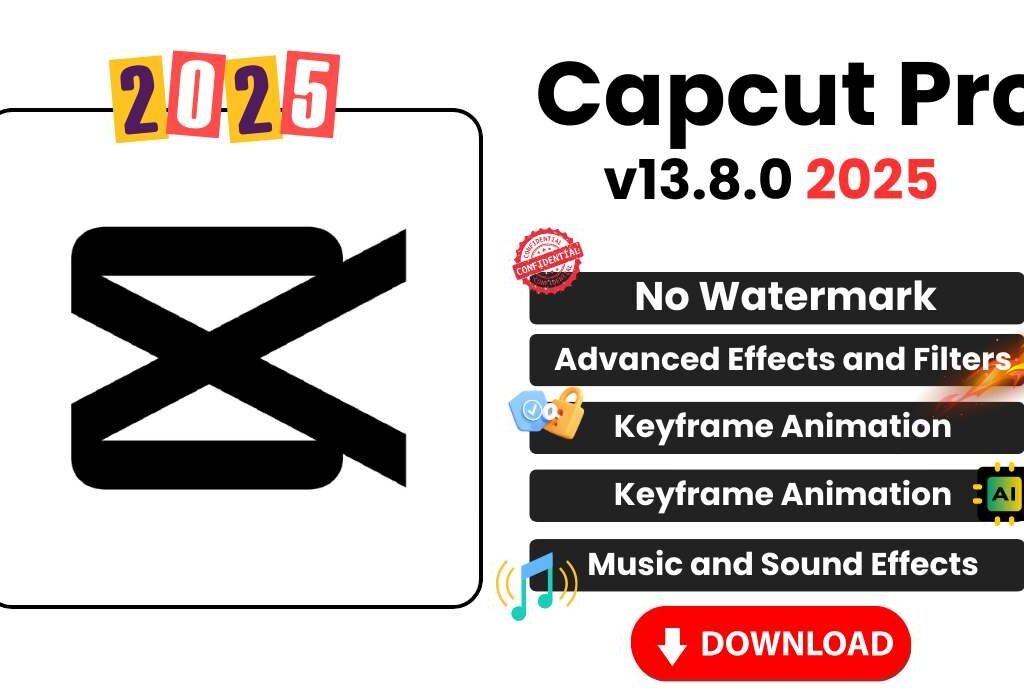What factors should I consider when choosing the right insurance coverage for my needs?
- Research: Take the time to research and compare different insurance providers and their policies. Look into customer reviews and ratings to gauge their reputation.
- Coverage options: Make sure to understand the different types of insurance coverage available, such as health, life, auto, home, and personal liability insurance. Choose the ones that align with your specific needs and risk factors.
- Cost vs. coverage: Balance the cost of insurance premiums with the coverage provided. Avoid choosing the cheapest option without considering the level of protection it offers.
How can I determine the appropriate amount of life insurance coverage for my family’s financial security?
- Calculate expenses: Consider factors like mortgage payments, children’s education, daily living expenses, outstanding debts, and future financial goals when determining the amount of coverage needed.
- Consult with a professional: Seek advice from financial advisors or insurance agents to help you determine the ideal coverage amount based on your family’s unique circumstances.
- Regular review: Regularly review and update your life insurance coverage to ensure it remains adequate as your financial situation changes over time.
What types of discounts or incentives are available to help me save money on my insurance premiums?
- Multi-policy discounts: Many insurance providers offer discounts for bundling multiple policies, such as auto and home insurance, with the same company.
- Safe driver discounts: If you have a clean driving record, you may qualify for discounts on your auto insurance premiums.
- Home safety features: Installing security systems, smoke detectors, and other safety features in your home can often lead to lower insurance rates.
What steps can I take to ensure my home is adequately protected against common risks like fire, theft, and natural disasters?
- Regular maintenance: Keep your home well-maintained to reduce the risk of accidents or damages. This includes checking for leaks, faulty wiring, and broken appliances.
- Adequate coverage: Make sure your home insurance policy includes coverage for fire, theft, and natural disasters. Consider adding additional coverage if necessary, such as flood insurance in high-risk areas.
- Inventory and documentation: Create a detailed inventory of your personal belongings and keep important documents in a safe place. This will help expedite the claims process in case of an emergency.
In the event of an accident or claim, what is the process for filing and resolving an insurance claim efficiently?
- Contact your insurance provider: Notify your insurance company as soon as possible after an accident or incident occurs. Provide all necessary details and documentation to support your claim.
- Claims adjuster: A claims adjuster will investigate the incident and assess the damages. Cooperate with them and provide any additional information they may require for a thorough evaluation.
- Resolution: Once the claim is approved, your insurance company will provide compensation for the damages or losses covered under your policy. Make sure to follow up and confirm the details of the settlement.
What factors can impact the cost of my auto insurance premiums, and how can I potentially lower them?
Introduction
Paying auto insurance premiums can often feel like a necessary evil – a financial that comes with owning a vehicle. However, understanding the factors that influence the cost of your auto insurance premiums and knowing how to potentially lower them can make a significant difference in your expenses. Let’s dive into the key factors impacting your premiums and explore some practical ways to reduce them.
Factors Affecting Auto Insurance Premiums
Driving Record
- A clean driving record with no accidents or traffic violations typically leads to lower premiums.
- Accidents and traffic violations can increase premiums due to the higher risk you pose as a driver.
Vehicle Type and Age
- The type of vehicle you drive, its age, make, model, and safety features can impact your premiums.
- Insurance companies consider newer, safer vehicles with advanced safety features as less risky, potentially resulting in lower premiums.
Coverage Options
- The type and amount of coverage you choose affect your premiums.
- Comprehensive coverage that includes collision, liability, and other optional coverages can increase premiums, while basic coverage may be more affordable.
Ways to Lower Your Auto Insurance Premiums
Shop Around for Quotes
- Compare quotes from multiple insurance providers to find the best rates.
- Different insurance companies offer varying premiums based on their evaluation of your risk factors.
Bundle Policies
- Bundling auto insurance with other policies, such as homeowners or renters insurance, can lead to discounts.
- Insurance companies often offer discounts for bundling policies, saving you money on overall premiums.
Increase Deductibles
- Opting for a higher deductible can lower your premiums.
- Keep in mind that choosing a higher deductible means you’ll pay more out of pocket in the event of a claim, so assess your financial situation before making this decision.
Take Defensive Driving Courses
- Completing defensive driving courses can demonstrate your commitment to safe driving.
- Some insurance companies offer discounts for completing approved defensive driving courses, which can reduce your premiums.




